Introduction
Golf carts rely on durable and efficient batteries to operate. Among the various options available, best 8 volt golf cart batteries for long-lasting power 2025 are a popular choice. Understanding these batteries is essential for making an informed decision.
What Are 8 Volt Golf Cart Batteries? 8 volt golf cart batteries are deep-cycle batteries specifically designed for golf carts. They provide a balance between capacity, voltage, and size. These batteries have six cells, each producing approximately 2.1 volts, resulting in a total of 8 volts. They are made to deliver steady energy over long periods, which suits golf cart usage.
Why Are 8 Volt Batteries Used in Golf Carts?
Golf carts require a reliable energy source to power their motors and accessories. 8 volt batteries offer a good compromise between power output, weight, and cost. They provide sufficient voltage while minimizing the number of batteries needed. This makes them efficient and space-saving, essential for compact golf cart designs.
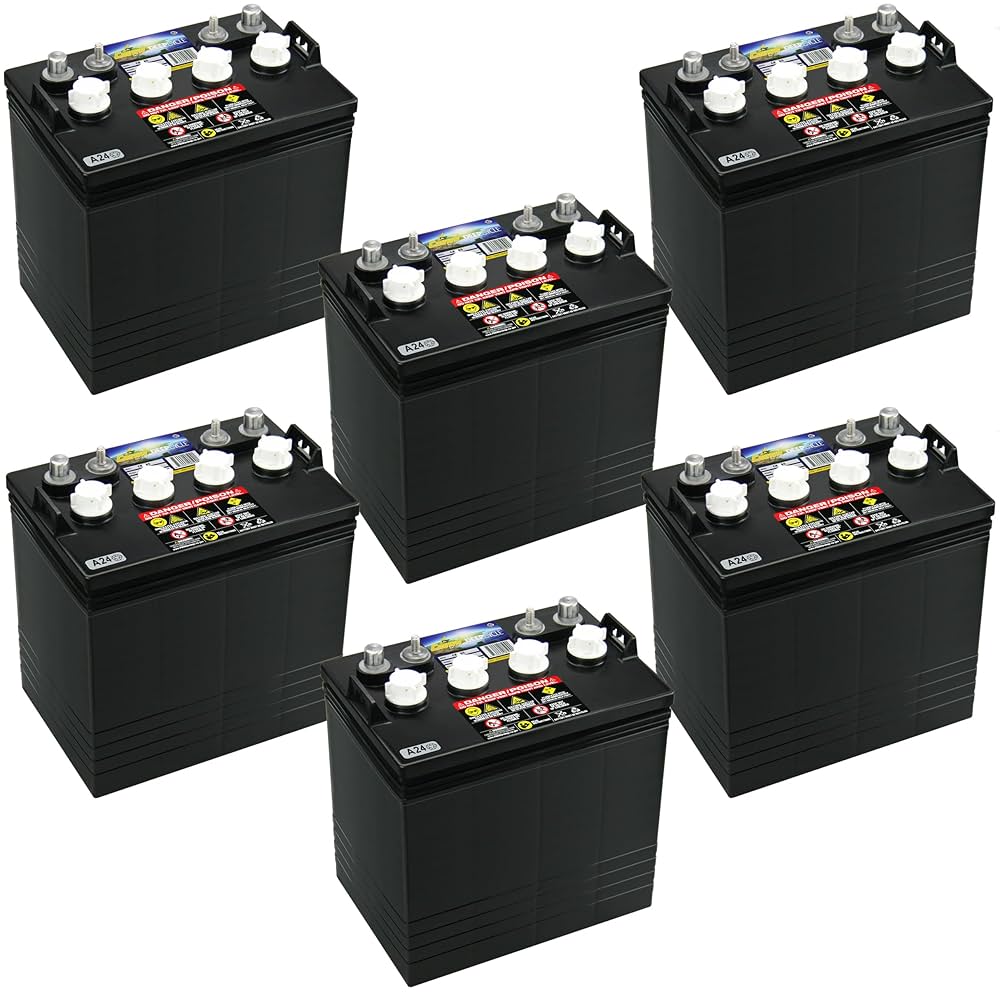 Types of Golf Cart Batteries
Types of Golf Cart Batteries
When choosing 8 volt golf cart batteries, understanding battery types is essential. Each type has unique features, benefits, and drawbacks. Below are the primary types of 8 volt golf cart batteries.
Lead-Acid Batteries
Lead-acid batteries are the most common type used in golf carts. These batteries have been in use for decades and are well-known for their affordability. They come in two main varieties:
- Flooded Lead-Acid (FLA) Batteries: Require regular maintenance, such as adding water.
- Sealed Lead-Acid (SLA) Batteries: Maintenance-free but slightly more expensive.
Lead-acid batteries offer reliable performance and are widely available. However, they are heavier and have a shorter lifespan compared to other types. Regular care, such as cleaning and checking water levels, can help maintain their efficiency.
Lithium-Ion Batteries
Lithium-ion batteries are a modern alternative to lead-acid batteries. They are lightweight, long-lasting, and charge faster. These batteries require no maintenance, making them highly convenient. Additionally, they typically provide better energy efficiency and consistent performance over time.
However, lithium-ion batteries are significantly more expensive upfront. They may also require a compatible charging system, which adds to the cost. Their high performance and low maintenance make them a great long-term investment for some users.
Pros and Cons of Each Type
Lead-Acid Batteries:
- Pros: Affordable, widely available, reliable.
- Cons: Heavy, shorter lifespan, maintenance required.
Lithium-Ion Batteries:
- Pros: Lightweight, long lifespan, fast charging, maintenance-free.
- Cons: Expensive, may need special chargers.
By understanding these types, you can choose the best battery for your golf cart’s specific needs. Consider factors like budget, maintenance ability, and long-term cost-effectiveness when making your decision.
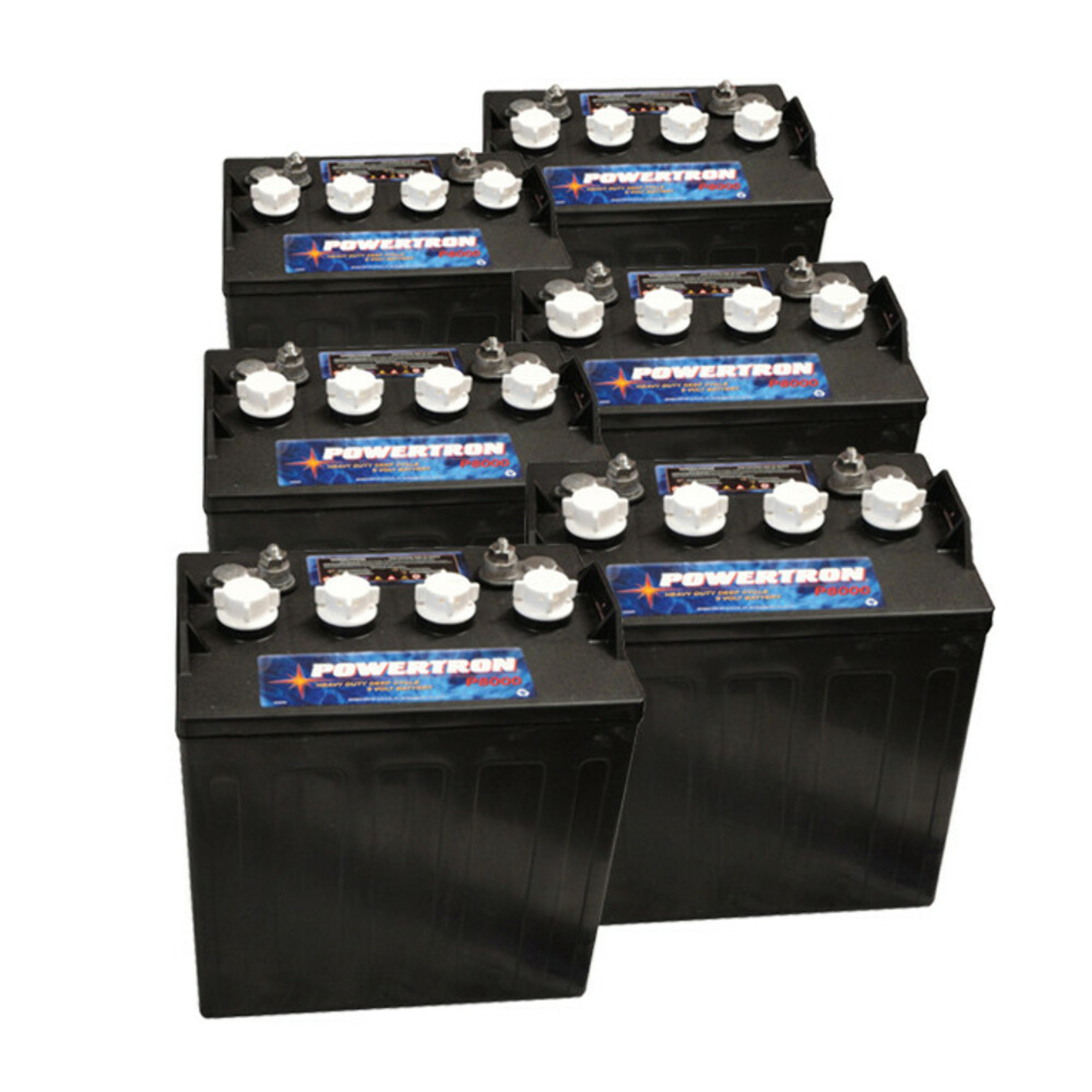 Key Features to Consider When Buying Golf Cart Batteries
Key Features to Consider When Buying Golf Cart Batteries
Choosing the right 8 volt golf cart batteries is essential for optimal performance. Several features need careful evaluation before making a purchase.
Battery Capacity and Voltage Ratings
Battery capacity determines how long the battery can run between charges. It is measured in ampere-hours (Ah). Higher capacity batteries offer longer usage periods but may be heavier or pricier. Voltage ratings ensure compatibility with your golf cart’s power system. Confirm that the 8 volt batteries align with your cart specifications to avoid overloading or underperformance.
Lifespan and Durability
Battery lifespan refers to how long it can perform efficiently before needing replacement. Durability depends on build quality and materials used. Lithium-ion batteries usually last longer than lead-acid batteries. However, lifespan also depends on how well the battery is maintained during its usage.
Maintenance Requirements
Understanding maintenance requirements can save time and effort. Lead-acid batteries often need regular water checks and cleaning. Flooded lead-acid models require more care than sealed ones. Lithium-ion batteries, on the other hand, are maintenance-free, making them easier to handle.
Cost and Value for Money
Cost is a significant factor when buying batteries. Lead-acid batteries are affordable and widely available. Lithium-ion batteries are costly initially but provide long-term savings due to their lifespan and efficiency. Balance cost considerations with long-term value to find the best option for your needs.
Carefully considering these features when buying 8 volt golf cart batteries ensures you get the best performance and value.
Tips for Prolonging the Life of Your Cart Batteries
Proper maintenance ensures your 8 volt golf cart batteries last longer and perform efficiently. Simple practices can greatly improve their lifespan.
Proper Charging Practices
Charge your batteries immediately after use to maintain their health. Use the correct charger compatible with 8 volt batteries. Avoid overcharging, as it can reduce battery life. Disconnect the charger once batteries are fully charged. Always refer to the manufacturer’s guidelines for charging instructions.
Regular Maintenance and Cleaning
Inspect your batteries regularly for corrosion and dirt buildup. Clean terminals using a wire brush and a baking soda solution. Check the water levels in lead-acid batteries often, and refill with distilled water if necessary. Ensure cables are tight and connections secure to avoid performance issues.
Avoiding Deep Discharges
Avoid fully draining your batteries, as it can harm their capacity over time. Recharge your batteries before they drop below 20% charge. Monitor usage to prevent deep discharges, especially if using energy-intensive golf cart accessories. Balancing usage helps prolong battery life.
By following these tips, your 8 volt golf cart batteries will last longer and stay reliable.
Top Brands for Golf Cart Batteries
Choosing a reliable brand is key when investing in 8 volt golf cart batteries. Top manufacturers offer quality batteries designed for durability and performance. Knowing reputable brands helps you make an informed choice.
Leading Manufacturers in the Market
- Trojan Battery Company: Trojan is a trusted name in the golf cart battery market. They produce high-performance lead-acid and lithium-ion batteries known for longevity and reliability. Trojan batteries deliver consistent power, making them a favorite among users.
- US Battery: US Battery specializes in deep-cycle batteries with advanced technology for extended lifespan. Their 8 volt batteries are designed to handle heavy use, offering excellent durability and efficiency. They also emphasize eco-friendly manufacturing practices.
- Crown Battery: Crown delivers strong and durable batteries built to last. They offer a variety of 8 volt options suitable for different golf cart models. Crown batteries are praised for their solid construction and reliable energy output.
- Duracell: Known for their battery expertise, Duracell offers maintenance-free 8 volt options. Their products are affordable and provide dependable performance for everyday use.
- Lithium Battery Power: Specializing in lithium-ion technology, this brand produces lightweight and high-capacity batteries. They emphasize minimal maintenance with long-term performance, appealing to users who prefer modern battery solutions.
Comparison of Popular Models
- Trojan T-875: This lead-acid battery is valued for durability and consistent energy output. It requires regular maintenance but delivers excellent performance over time.
- US Battery US 8VGC XC2: Known for its high capacity and rugged design, this model resists wear and tear. It offers great energy efficiency, ideal for long-lasting golf cart use.
- Crown CR-165: The CR-165 provides a balance between affordability and performance. With high reserve capacity, it supports extended usage.
- Duracell Ultra AGM: For maintenance-free performance, this battery is a solid option. It’s affordable, durable, and user-friendly.
- Lithium Battery Power 12V Series: While not a traditional 8 volt, these batteries can be wired for an 8V system. They are lightweight, last long, and require no maintenance.
Review these brands and models to choose one that fits your golf cart’s needs. Consider your budget, maintenance preference, and performance requirements for the best purchase.
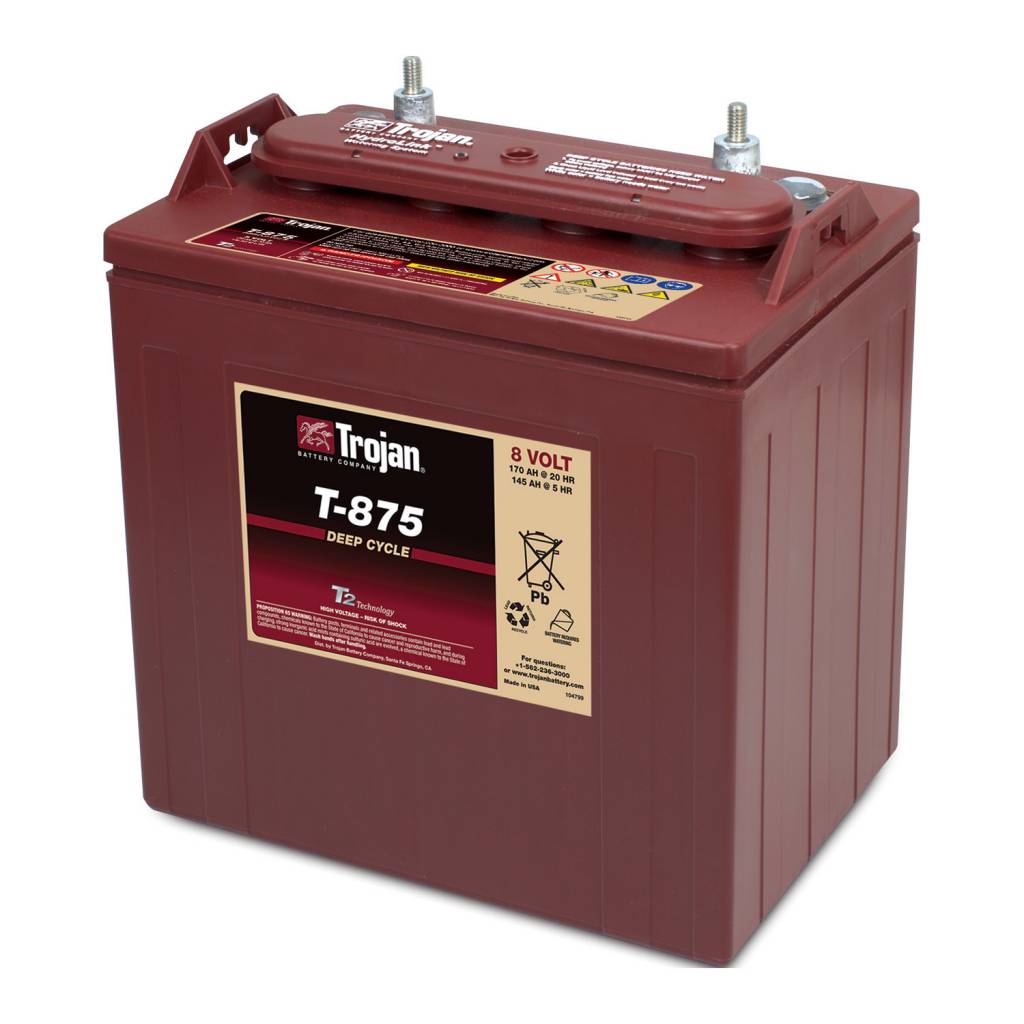 How to Replace Golf Cart Batteries
How to Replace Golf Cart Batteries
Replacing 8 volt golf cart batteries requires careful preparation and execution. A proper replacement ensures the cart’s performance remains optimal. Below is a guide to help you replace your batteries efficiently.
Tools Needed for Replacement
Gathering the right tools ensures a smooth battery replacement process. Essential items include:
- Wrench Set: For loosening and tightening battery terminal connections.
- Safety Gloves: To protect your hands from battery acid and sharp edges.
- Safety Glasses: To shield your eyes from splashes or debris.
- Wire Brush: Useful for cleaning terminal corrosion.
- Distilled Water: Required for topping off flooded lead-acid battery cells.
- Voltmeter: To test battery voltage and ensure proper installation.
- Battery Lifting Straps: Makes handling heavy batteries easier and safer.
Step-by-Step Replacement Guide
Follow these steps to replace your 8 volt golf cart batteries effectively:
- Turn Off the Golf Cart: Ensure the cart is powered off for safety.
- Disconnect the Negative Terminal First: Use a wrench to detach the negative cable to prevent electrical shorts.
- Disconnect the Positive Terminal: Remove the positive cable carefully.
- Remove Old Batteries: Lift the batteries out with straps to avoid injury.
- Clean Battery Tray: Use a wire brush to clean corrosion or dirt in the tray. Ensure it is dry.
- Install New Batteries: Place each battery securely in the tray and confirm alignment with connectors.
- Reconnect the Terminals: Start by attaching the positive cable, then the negative one to avoid sparks.
- Tighten Connections: Ensure all terminal connections are snug but not over-tightened.
- Check Voltage Levels: Use a voltmeter to confirm batteries are within the correct voltage range.
- Power On the Golf Cart: Test the cart’s operation and ensure all systems function as expected.
Proper replacement allows your golf cart to maintain reliable performance. Always follow safety measures to prevent accidents during the process.
Common Issues and Troubleshooting
Golf cart batteries can encounter issues over time, leading to performance drops. Identifying problems early and knowing basic fixes can prevent costly replacements. Here, we cover common issues and practical troubleshooting methods.
Identifying Signs of a Failing Battery
Recognizing signs of a failing battery is crucial. Some common indicators include:
- Decreased Performance: The golf cart struggles to maintain speed or perform uphill.
- Shorter Runtime: Batteries drain faster than usual, even after a full charge.
- Slow Charging: Charging takes longer than normal without reaching full capacity.
- Visible Corrosion: Terminals have severe buildup or corrosion.
- Swollen Battery Cases: Batteries appear bloated or distorted, which may indicate damage.
- Strange Odors: A rotten egg smell could signal leaking acid or internal problems.
If you notice one or more of these signs, address the issue promptly to avoid further damage.
Quick Fixes and When to Replace
Resolving minor issues can restore your battery’s functionality. However, some problems may require replacement.
Quick Fixes:
- Terminal Cleaning: Use a wire brush to remove corrosion from terminals. Apply a protective coating afterward.
- Water Level Check: For lead-acid batteries, refill cells with distilled water if levels are low.
- Tighten Connections: Ensure all cables are secure and in good condition.
- Equalization Charge: For lead-acid batteries, an equalizing charge can balance cells and improve performance.
- Voltage Test: Use a voltmeter to confirm if batteries are holding proper charge levels.
When to Replace:
- Repeated Failures: If problems persist despite troubleshooting, it may indicate battery wear.
- Aged Batteries: Most lead-acid batteries last 4 to 6 years; lithium-ion lasts 10+ years.
- Physical Damage: Swollen, cracked, or leaking cases are signs of irreparable damage.
Timely troubleshooting and maintenance can extend your battery’s lifespan. However, knowing when to replace ensures better performance and safety.
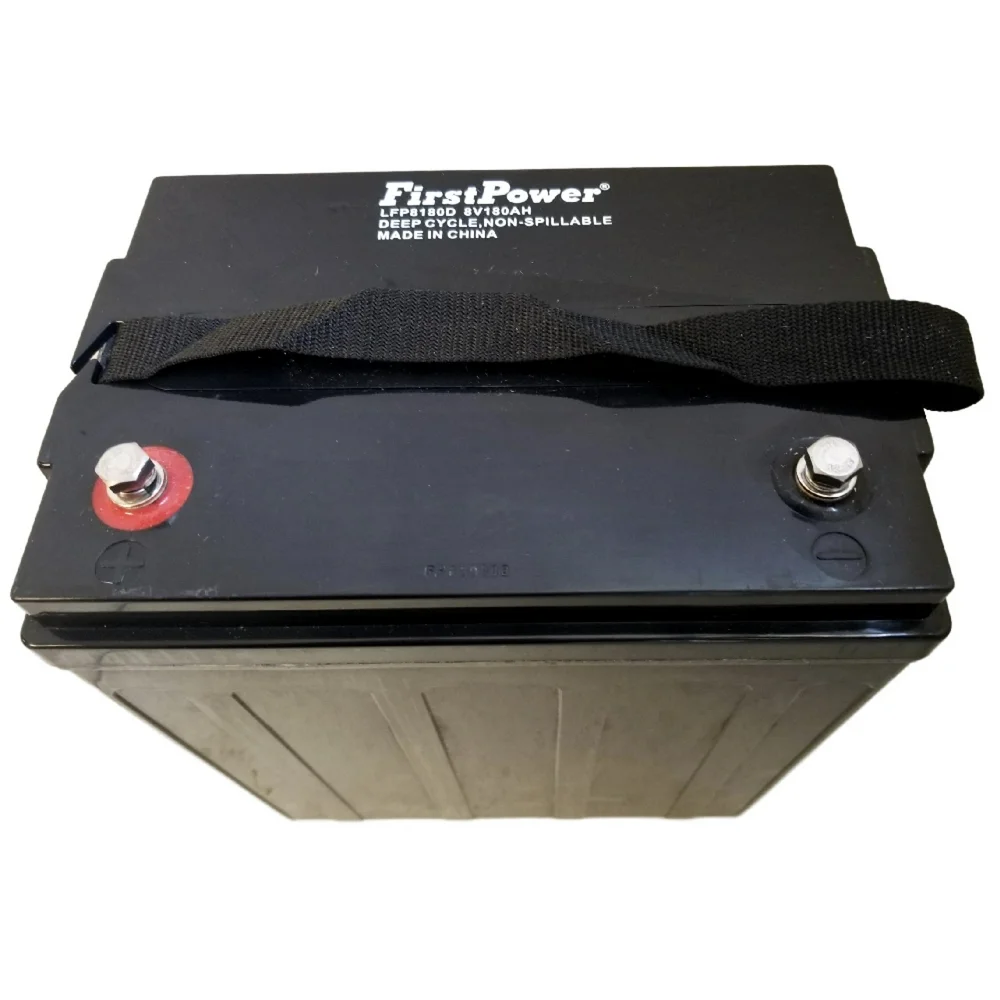 Conclusion and Recommendations
Conclusion and Recommendations
Summary of Key Points
Choosing the right 8 volt golf cart batteries ensures your golf cart runs reliably. We covered key factors like battery types, capacity, lifespan, and maintenance needs. Lead-acid batteries are affordable and reliable but need maintenance. Lithium-ion batteries are lightweight and long-lasting but more expensive. Proper care can extend battery life. Look for reputable brands like Trojan, US Battery, or Crown Battery for reliable performance.
Final Tips for Making an Informed Choice
- Know Your Needs: Consider your usage, budget, and maintenance capacity when choosing batteries.
- Check Compatibility: Ensure the voltage and capacity match your golf cart’s requirements.
- Evaluate Long-term Costs: Balance initial expenses with long-lasting value.
- Choose the Right Brand: Select well-reviewed companies for quality and dependability.
- Maintain Batteries Regularly: Follow proper charging and cleaning practices to extend battery life.
Selecting and maintaining quality 8 volt golf cart batteries helps save money and enjoy consistent performance.
Frequently Asked Questions
Many owners have recurring questions about 8 volt golf cart batteries. Let’s clarify the most common concerns.
Q: Can I mix 8 volt batteries with 6-volt or 12-volt ones?
No. Mixing voltages creates imbalance and can damage the entire system. Always use the same voltage and model across the bank.
Q: How do I connect six 8-volt batteries for a 48-volt system?
Connect them in series: positive to negative, end to end. The final positive and negative terminals link to the cart’s controller.
Q: Are 8 volt golf cart batteries recyclable?
Yes. Lead-acid batteries are among the most recycled consumer products. Return them to authorized dealers or recycling centers.
Q: Do I need a special charger?
Yes. Use a charger designed for 48-volt systems with compatibility for 8-volt deep-cycle batteries. Check manufacturer recommendations.
Q: Can I use AGM batteries in place of flooded ones?
Yes, provided your charger supports AGM mode. AGM batteries charge differently and require specific voltage settings.
Q: How often should I clean the battery terminals?
Every 1–2 months. Regular cleaning prevents corrosion and ensures strong electrical contact.
Q: What’s the average weight of an 8 volt golf cart battery?
Typically between 55 and 65 pounds. Weight varies by brand and technology.
These answers help users make informed choices and maintain peak performance.
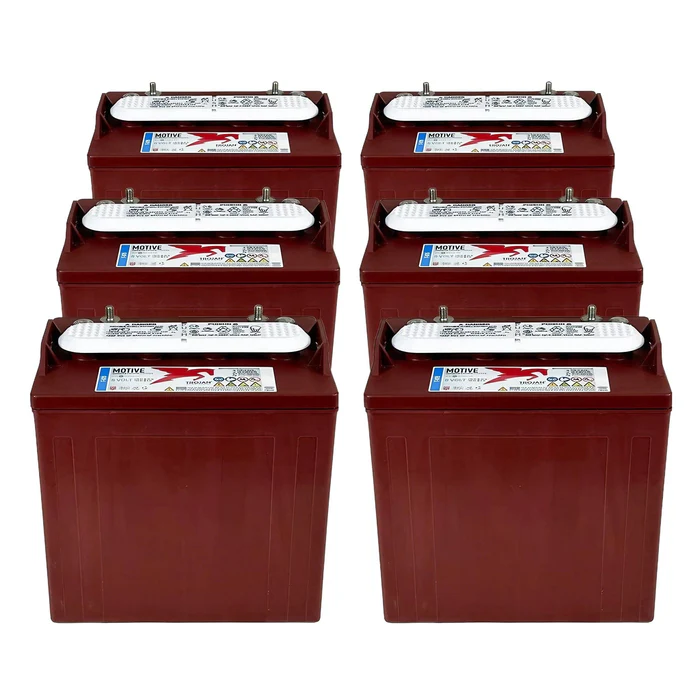 Final Thoughts
Final Thoughts
How to maintain 8 volt golf cart batteries 2025? Investing in high-quality 8 volt golf cart batteries transforms your riding experience. They offer lasting power, efficient design, and easy integration into modern electric carts. Whether you’re navigating a golf course, managing large grounds, or simply enjoying neighborhood drives, these batteries deliver consistent energy. Their balanced voltage, durable construction, and adaptability make them a top choice for discerning owners. Moreover, proper care and timely replacement ensure maximum return on investment. As technology advances, 8 volt golf cart batteries continue to improve in efficiency and lifespan. For anyone seeking reliability and value, they remain a smart, forward-thinking option. Ultimately, understanding and maintaining your system leads to smoother rides and fewer interruptions. So, when planning your next upgrade, remember the proven benefits of 8 volt golf cart batteries.